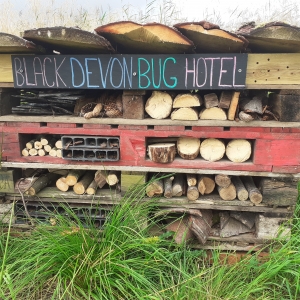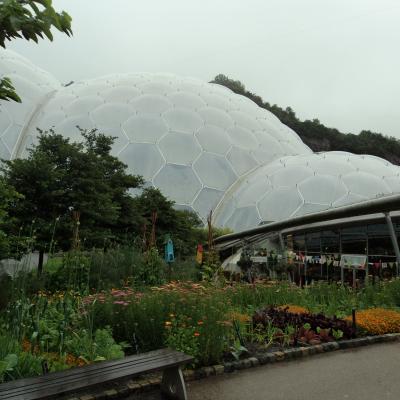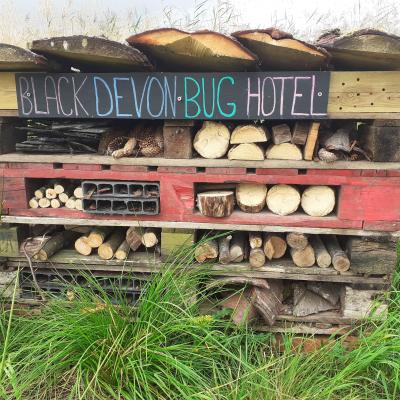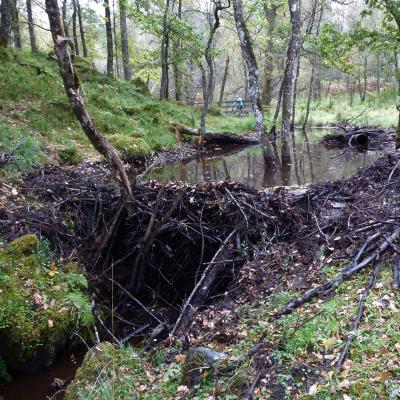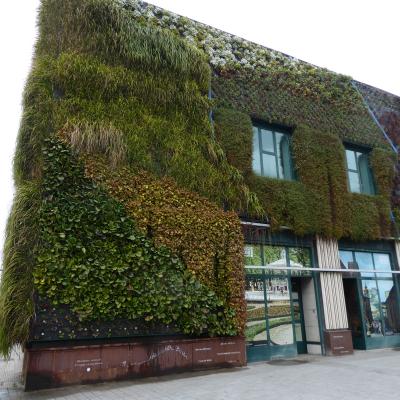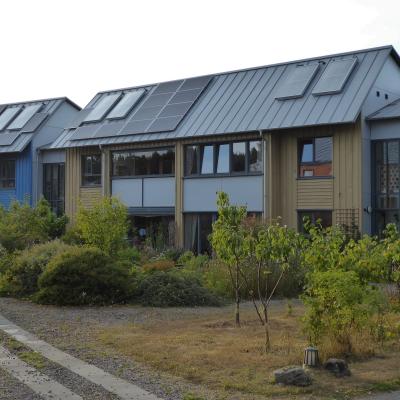Guest blog by Craig Wright, a freelance copywriter with a keen interest in environmentalism and community-based climate activism.
What Is a Community Garden?
A community garden is a shared green space tended by members of the local community. It is usually used to grow fruit and vegetables shared around the neighbourhood. It can take different forms; some use one large space, others use several smaller plots such as council allotments. Others use gardens in people’s homes, sometimes even taking out fences between neighbouring gardens to provide a larger space.
They all share common goals; to bring the community together, create shared green spaces, and provide food that has a reduced environmental impact.
Environmental Benefits
According to DEFRA, transporting food is responsible for 25% of heavy goods road miles in the UK, producing 19 million tonnes of CO2 annually. Of course, this is a tiny proportion of the 468 million tonnes emitted overall in the UK, but any reduction in this would be welcome.
Growing local food reduces food miles, providing some reduction in overall CO2 emissions – and the more community gardens we have, the greater this impact will become. However, the most significant environmental impact of eating fruit and vegetables from local community gardens is that this helps reduce the consumption of animal-based foods, such as meat and dairy, which have a much larger impact on emissions.
Other benefits are derived from the usage of the land itself. Areas of vegetation absorb CO2 and other pollutants and take in water from rainfall, which can help reduce the impact of flooding. Gardens also attract wildlife which boosts local biodiversity.
Finally, people who work on projects like this become open to learning about their environment and the human impact on it, often going on to being more active on other environmental issues.
Health Benefits
Tending plants can be hard work, which will improve fitness. The mental health benefits can also be profound; humans respond positively to green spaces. As social animals, we derive pleasure from associating with like-minded people engaged in a positive activity.
How do I get involved in a Community Garden?
There are already many community garden projects up and running around the UK, and you can easily find one to get involved with using a quick search on Google Maps. However, if there isn’t one, there is a lot of advice available online on starting one – the Royal Horticultural Society is an excellent place to start. You can also try searching for relevant groups on social media.
Even if you don’t have much experience in gardening, there will surely be others in your local community who can help and advise you. As more people get involved, you will bring in an increasing range of skills and experience.
Of course, it's not going to be all plain sailing. Available land can be a problem, especially in inner cities. You can always use people's gardens and run your project across several sites or even use balconies in tower blocks.
Additionally, there may be problems with obstructive local authority officials, even if you can find a space. However, you can overcome these if your community can get organised, lobby councillors, and enlist the local press.
You may also think that you don't have the time to work on a project which seems like a major commitment. But, if you can organise enough people, each person may only need to spend a couple of hours per week. Also, try to draft in retirees and people who work part-time – they may be quite happy to take on extra tasks!
Many dire issues face our species and community in these precarious times, and small projects such as community gardens may seem unimportant. However, they can be integral to overall solutions, and it's a fact that we need many such common-sense approaches; Neil Kitching puts it all together very well in his book, Carbon Choices.
Carbon Choices
If you have enjoyed this blog, please share with others on social media. You might also enjoy Carbon Choices on the common-sense solutions to our climate and nature crises. Available direct from me or from Amazon. I am donating one third of profits to rewilding projects. I am also available to give presentations on 'rewilding' or on the 'common-sense solutions to our climate crisis'.
